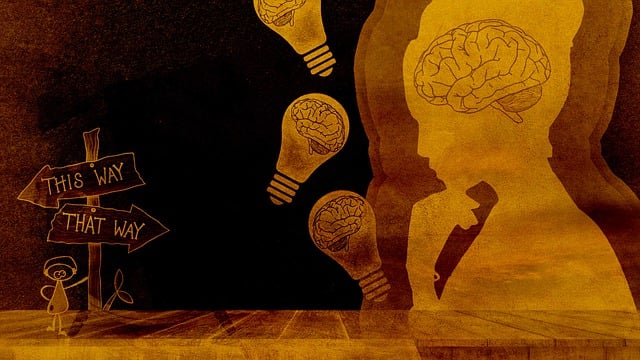Centennial Child Abuse Therapy offers a revolutionary approach to healing from childhood trauma, focusing on mental health, emotional regulation, and social skills development. By creating safe spaces and employing diverse therapeutic techniques, this method reduces stigma, empowers survivors, and fosters growth. Its holistic nature combines personalized interventions to build resilience and provide enhanced coping strategies for life's challenges. Through strong therapeutic alliances, confidentiality, tailored mood management, and coping skills development, Centennial Child Abuse Therapy equips children with tools to navigate distress and restore well-being.
Trauma support services play a pivotal role in healing and empowering individuals affected by past abuse. In this comprehensive guide, we explore the transformative power of Centennial Child Abuse Therapy, offering a detailed look at its approach and benefits. Furthermore, we dissect the essential components that constitute effective trauma support for children, highlighting best practices while acknowledging the challenges faced by providers. By understanding these aspects, we aim to enhance the availability and quality of care.
- Understanding Centennial Child Abuse Therapy: A Comprehensive Approach to Healing
- Key Components of Effective Trauma Support Services for Children
- Challenges and Best Practices in Providing Trauma-Informed Care
Understanding Centennial Child Abuse Therapy: A Comprehensive Approach to Healing

Centennial Child Abuse Therapy is a pioneering approach to healing and support for individuals who have experienced childhood trauma. This method recognizes that trauma can have profound and lasting effects on mental health, emotional regulation, and social skills development. By employing a comprehensive strategy, therapists aim to address the multifaceted needs of their clients.
The therapy focuses on creating a safe space for individuals to process their experiences and emotions without fear of judgment. Through various therapeutic techniques, it facilitates the reduction of mental illness stigma, empowering survivors to take control of their healing journey. This holistic approach combines specialized interventions tailored to each individual’s unique circumstances, fostering personal growth and enhanced coping strategies for life’s challenges.
Key Components of Effective Trauma Support Services for Children

Effective trauma support services for children require a multifaceted approach to address the complex nature of traumatic experiences. First and foremost, Centennial Child Abuse Therapy emphasizes the importance of creating a safe and nurturing environment where children feel understood and supported. This involves building strong therapeutic alliances and ensuring confidentiality to foster trust.
The key components include comprehensive Mood Management strategies tailored to each child’s unique needs, helping them regulate their emotions in the aftermath of trauma. Equally vital is Coping Skills Development, equipping children with tools to navigate distressing thoughts and feelings. Proactive measures to prevent Depression and other mental health complications are also integral, focusing on building resilience and promoting healthy coping mechanisms. Through these targeted interventions, children can begin their journey towards healing and rebuilding a sense of safety and well-being.
Challenges and Best Practices in Providing Trauma-Informed Care

Providing trauma-informed care requires navigating complex challenges, but adopting best practices can significantly enhance support services. One significant hurdle is ensuring professionals are adequately trained in recognizing and responding to traumatic experiences, especially in diverse populations like children. Misinterpretations or inadequate responses can exacerbate harm. Therefore, continuous education on trauma dynamics, including cultural sensitivities, is vital for Centennial Child Abuse Therapy practitioners.
Best practices include integrating Self-Awareness Exercises to help individuals process their experiences. Encouraging the development of a consistent Self-Care Routine for Better Mental Health is another effective strategy. Additionally, implementing structured mood management techniques enables clients to regulate emotions and maintain stability. By combining these approaches, trauma-informed care becomes more personalized and empowering, fostering resilience among those who have experienced abuse or trauma.
Centennial Child Abuse Therapy offers a comprehensive approach to healing, emphasizing understanding and addressing childhood trauma effectively. By integrating key components like safe spaces, specialized therapists, and age-appropriate activities, trauma support services can significantly impact children’s well-being. Navigating challenges through best practices ensures that every child receives the compassionate care they deserve, fostering resilience and a brighter future. Remember that, in providing trauma-informed care, we not only support individuals but also contribute to a more healing-focused community.












